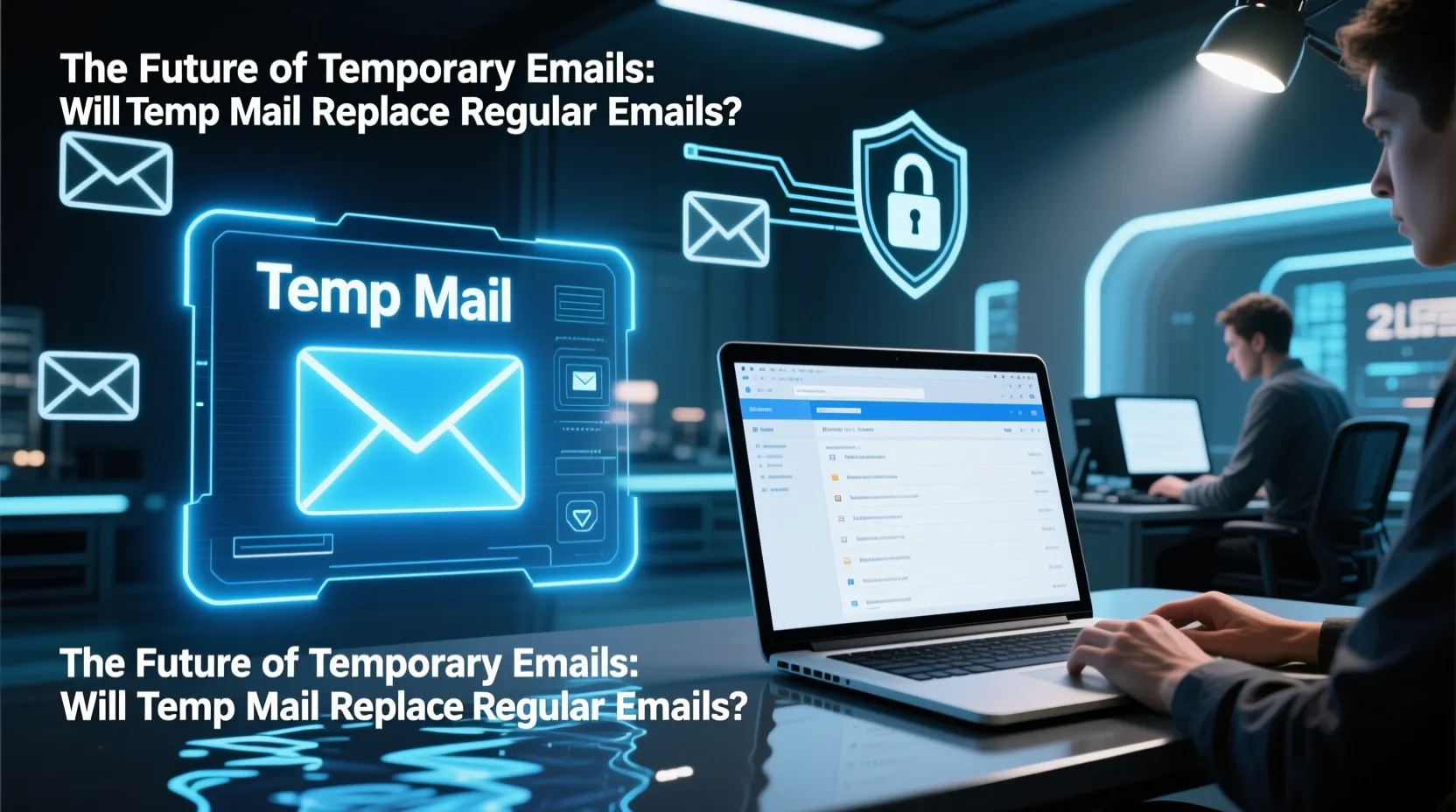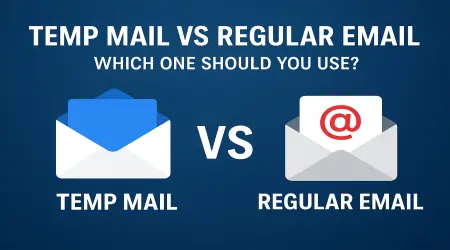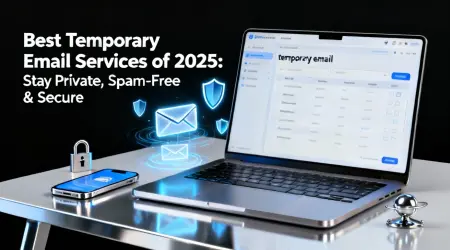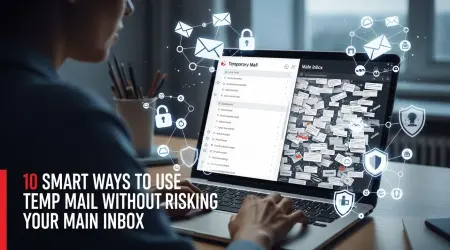

The Future of Temporary Emails: Will Temp Mail Replace Regular Emails?
Email is one of the oldest and most trusted and powerful tools on the internet. From your personal chats to do your business deals, it will be remains the backbone of online communication. But in 2025, a new player has become very popular: disposablemailhub (Temp Mail).
Many people now use Temp Mail to sign up for free trials, download resources, or protect their privacy online. This raises an important question: Will Temp Mail replace regular emails in the future? Let’s discuss deep into the topic and find out.
What is Temporary Email?
A temporary email called Temp Mail or disposable email is a short period inbox you can use without creating an account or entering your personal details.
No sign-up needed
No password required
No personal information shared
You simply need to open a Disposable Mail website and within seconds you will get a working email address. Once you’re done, the inbox may expire automatically, or you can just leave it.
Why is Temp Mail Growing So Fast?
In the past, mostly people used only one or two emails one for work and one for personal life. But now, almost every website or app asks for an email address before giving you access.
Here’s why more people are turning to Temp Mail in 2025:
Protects Privacy – You don’t need to share your real identity with websites or app.
Avoids Spam – Stops your main inbox from being flooded with ads and newsletters.
Quick and Simple – No long forms, no account creation.
One-Time Use – Perfect for free trials, downloads, or verification codes.
Testing Tools – Developers and marketers use Temp Mail to test sign-ups.
Clearly, Temp Mail is solving real problems that regular email users face every day.
The Strengths of Temp Mail
Let’s break down the key benefits that make Temp Mail so attractive:
Instant Setup: Just visit Disposaable Mail website, and you will get instantly a working inbox.
Safe Testing: Perfect for trying new websites or apps or platforms without risking your real account.
unknown or hidden: You will stay hidden becuase you dont need to attach your personal details.
Clutter-Free: Keeps your main email safe from spam and junk.
Global Use: Helpful for people in countries where privacy is a bigger concern.
With these benefits, it’s no surprise Temp Mail is growing fast.
Why Regular Email Still Matters
Even we know Temp Mail is useful, but still have some limitations that make it unsuitable for many situations.
Here’s why regular email still we need and isn’t going anywhere:
Banking and Finance: Banking Services like PayPal, credit cards, and online banking they require your permanent emails.
Business Use: For Business dealing Companies need professional addresses for trust and branding.
Password Recovery: If you lose access to an account, only a regular email can help you recover it.
Long-Term Communication: Family, work, and official contacts they rely on your stable email addresses.
Security Features: Regular emails offer 2FA, backup, and strong recovery systems.
In short: disposable Mail is a tool. Regular email is a foundation.
Will Temp Mail Replace Regular Emails?
The answer is simple: No, but it will continue to grow together with normal email.
Think of it this way:
Temp Mail is like a copy of the key quick, disposable, and useful for one-time needs.
Regular email is like your main house key secure, permanent, and essential for daily life.
Instead of replacing regular emails, Temp Mail will complement them. People will continue using Temp Mail for short-term, low-risk tasks while keeping their personal emails for important, long-term matters.
The Future of Email: A Balanced Approach
In the coming years, we can expect to see:
More Awareness – People will understand the difference between serious communication and one time use.
Stronger Temp Mail Services – With better privacy features and more storage options.
Tighter Website Security – Some platforms may block Temp Mail domains, but people will still find ways to use them.
Dual Use – Users will have both a permanent email for personal/business and a temporary one for sign-ups and testing.
Final Thoughts
Temp Mail is not here to finish your regular email Disposable Mail Hub here just make life easier.
Use Temp Mail For fast quick signups, testing free trials, getting downloads, and blocking spam.
Use Regular Email for banking, business, family, and long-term communication.
In 2025, the smartest users are using both side by side to stay secure and keep things simple online.
So, the future of email isn’t about replacement.




